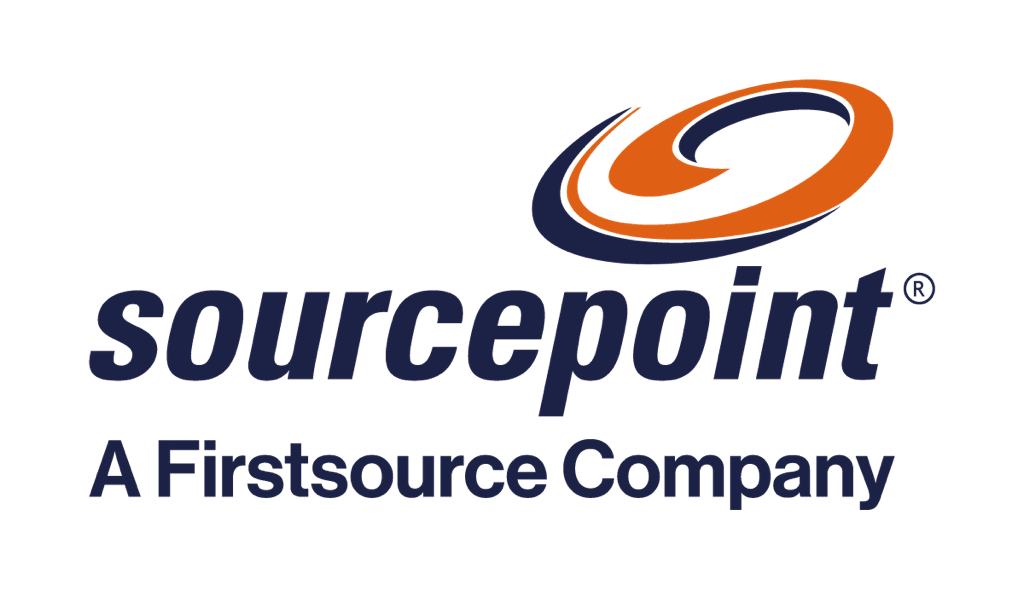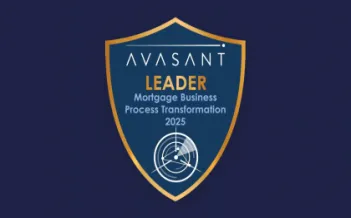Transformation is a constant in the mortgage industry. The pace of change in home loan financing is astounding, made even more so by the global pandemic.
More mortgage processes are being performed digitally and remotely. Consumers’ appetite for automated services is growing. The pressure to drive cost out of mortgage processes is constant. Reducing the labor component of originating and servicing a loan is an industry preoccupation. And there is the quest to achieve competitive superiority in what is the second-largest debt market in the world, where technology plays an important role.
These factors significantly affect careers in the mortgage industry.
Industry transformation requires new thinking. What technology can we use to best automate and streamline processes? Can we reinvent the way we handle a loan? Are we better suited to outsource a process so we can strengthen a competency that yields a competitive advantage? Real transformation is often driven by new business models. Technology is an enabler.
Where does this new thinking come from? In some cases, from the people actually doing and managing the work. If sufficiently informed and motivated, they can be inspired to think beyond the “as is.” They can advocate for change that is meaningful and usually practical for their enterprise.
Change emanating from companies on the periphery of the business (the “outside-in” approach) may require longer adoption because it tends to be radical. Change inspired by individuals in the industry trenches (the “inside out” perspective) can yield faster adoption. While gains are incremental, they tend to have a synergistic effect on the company’s appetite for transformative change.
Being a disciple for transformation requires that one be enlightened in evolving business practices, new technology, transformational change in neighboring industries, and a keen marketing instinct for what will delight the customer. Enlightenment calls for a personal investment in learning and development. Investments that are crucial to building careers in mortgage lending.
The days when people were educated and trained in a profession then settled into a lifetime career are no more. As business evolves, so too must its workforce. It is incumbent on employers to encourage, if not offer training in recognition of this. It is also incumbent on employees to pursue learning and development opportunities.
Companies may invest in training conducted by specialists on staff or retained as outside contractors. Think of this as career 401(k)—if you invest the time it will contribute to your earnings and advancement. Pursue these opportunities in earnest and actively participate in the training. This is more than a check-the-box activity; it is a career nourishment necessary for mortgage careers.
The Mortgage Bankers Association (MBA) offers training online and in regional locations in a number of areas, from mortgage banking to loan underwriting, servicing and compliance, among others. These courses are often taught by experienced members of the industry, so it tends to be practical. Some courses, when successfully completed, offer designations. In addition to decorating your curriculum vitae, achieving an MBA designation communicates to the world that you are seriously pursuing training that will advance you in the industry. It projects aspiration.
Local community colleges and universities offer courses in software design and development, systems architecture, and applications development. While not specific to mortgage finance, they often surface issues and challenges from parallel industries that can inspire you to recommend a change in your organization. While you may not relish taking night courses after a long day’s work, you would be surprised how energized learning can make you feel. Your investment will produce financial returns and psychic profit.
Trade organizations serving the mortgage finance industry are another source of personal development. In most cases, meetings and conferences will feature learning tracks covering contemporary business issues. In addition, panel discussions will often explore the latest and greatest technology or business practices used by leading companies. If you are not on the approved list of attendees, ask your employer to underwrite your attendance and explain how it will benefit the company.
Training and personal development will not only burnish your resume, but it will also inspire creative thinking in how you can approach your assignments. New technology and business models in healthcare, for example, may inspire change in mortgage finance.
Some recommendations: Advise your employer you are seeking to advance through learning and personal development. They may clear a path and even help underwrite your own investment. As you progress on your development path, update your personnel file and your LinkedIn profile to alert others of your commitment. And, most importantly, take the time to explore and learn. It is exhilarating and rewarding.
Sourcepoint is committed to learning and development for its global workforce that includes jobs in the mortgage industry. We aspire to project cutting edge knowledge and hands-on experience as we engage our clients. They expect nothing less.
While you’re here, do check our blog on Learning and Development is the Flywheel of Progress




